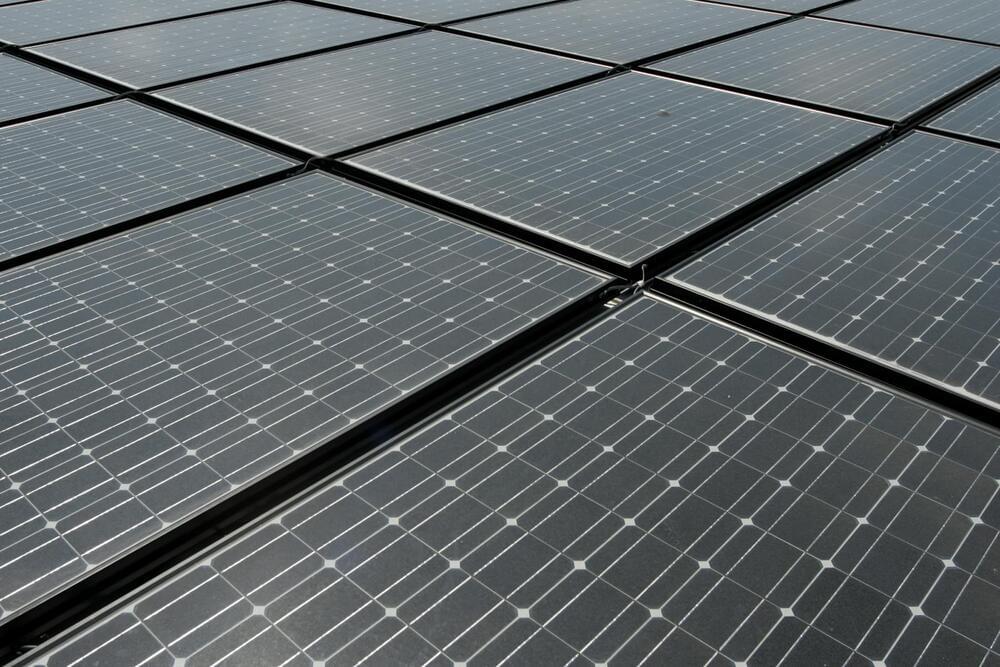Photovoltaics will play a key role in the future energy supply. Conventional solar cells based, for instance, on silicon, a well-known semiconductor material, are already highly developed and in widespread use. However, their production is complex because it requires a high vacuum with high temperatures. It can take up to five years for the energy used for production to be offset by operation.
This is where solar cells based on organic semiconductors can make a difference, as they can be printed in an energy-and cost-saving way. However, there are limitations to the energy conversion that need to be examined in more detail. A research team led by the Professorship of Optics and Photonics of Condensed Matter at Chemnitz University of Technology has investigated which main factors are decisive for the power limitation of organic solar cells.
The lead author of the study is Christopher Wöpke, research associate at the Professorship of Optics and Photonics of Condensed Matter at Chemnitz University of Technology. He was joined in the study by scientists from the universities of Bayreuth, Bern (CH), Durham (UK), Erlangen-Nuremberg and the Advanced Light Source Berkeley Lab (U.S.). Among other things, the team found that transport resistance in particular severely limits the performance of organic solar cells.
